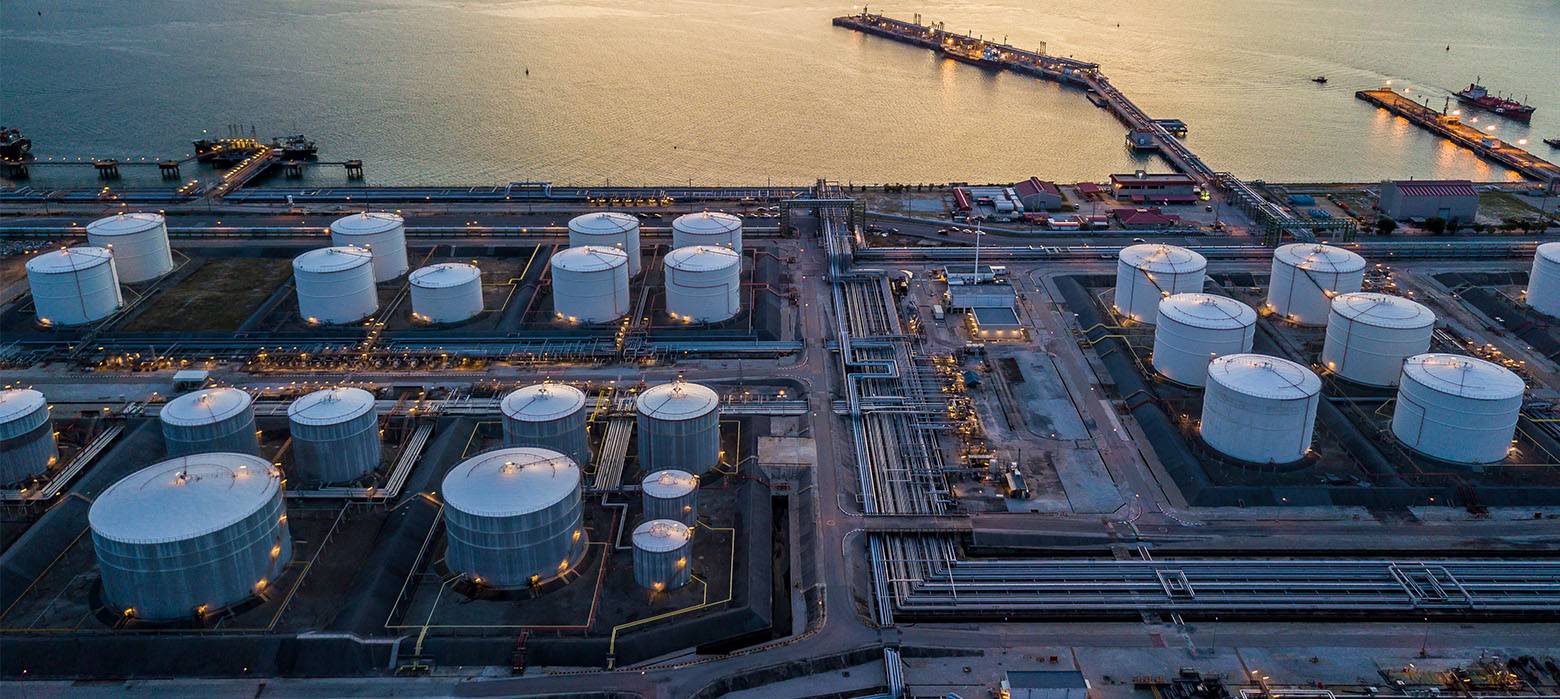
- admin
- September 14, 2021
How to Solve the Biggest Problems with Above Ground Water Tanks
Installing above ground storage tanks certainly has a number of benefits. But these tanks may also develop some problems. In this blog, we shall discuss some of the biggest problems with above ground storage tanks and how you can solve them.
The effects of sunlight on water that has been stored
Algae and different microorganisms can grow and prosper in water that has been exposed to sunlight for an extended period of time, causing the water to discolor and smell. When leaves and other debris are allowed to accumulate within the tank, this becomes much worse, emphasizing the significance of pre-tank filtration. It’s also critical to keep as much sunshine out as possible. The solution is to make sure that above ground storage tanks are opaque and do not have an open top. Fortunately, most of these tanks are black, brown, or dark green in color. Another consideration is temperature; the cooler the water is kept, the more ‘healthy’ it will be, so locate the tank in a shady area or offer some screening; this may be desired anyway solely for aesthetic reasons.
Overspill during periods of heavy rain
The above ground storage tanks will eventually fill to capacity and overflow during rainy spells or persistent downpours. As a result, the tank must include a working overflow pipe that directs excess water to a drain. This is usually relatively simple because the downpipe will have a drain gully beneath it. The overflow pipe must be no smaller than the line that feeds water into the tank. It’s possible to let the above ground storage tank overflow back through the filter and into the downpipe with some filter collectors.
Risk of frost damage
Anti-freeze protection is required for above ground storage tanks. Although plastic tanks allow for some expansion, which allows for ice formation, prolonged and repeated freezing can cause long-term damage. One option is to empty the tank during the winter months; this is good if the water is only needed for the garden during the growing season. Alternatively, you can insulate the tank. Choose either a pre-insulated type, which is available from some manufacturers or a DIY solution. Any exposed pipework must, of course, be insulated to avoid exploding.
Permission for planning
A home property may require local government planning authorization depending on the size of the above ground storage tanks, but a commercial or industrial installation may have fewer regulatory limitations. A water butte or a standard-sized tank would be fine, but if you have aggressive rainfall gathering ideas, it’s usually a good idea to double-check with your local planning department. If the size of the above-ground tank you planned is restricted, consider using a succession of smaller tanks connected in series with pipes to drain any overspill from one to the next.
Where can I get the best above ground storage tanks?
At GSC Tanks, we provide a variety of above ground storage tanks that are ideal for rainwater harvesting in commercial and residential systems of all sizes, from single-family houses to multi-story apartment buildings. Visit our website for additional information.
- Above Ground Storage tanks
- above ground water storage tanks
Category
- Above Ground Fuel Tanks
- Above Ground Gas Storage Tank
- Above Ground Storage Tanks
- Above Ground Water Storage Tanks
- Agricultural Tanks
- Chemical storage Tanks
- Diesel Fuel Storage Tanks
- Diesel Storage Tanks
- Exernal FloatingRoof Tanks
- Farm Water Tank
- Fiberglass Oil Tanks
- Fiberglass Septic Tanks
- Fiberglass Tanks
- Fiberglass Underground Fuel Storage Tanks
- Field Erected Tanks
- Floating Roof Tank
- Food and Beverage Tanks
- Fuel tank
- Industrial Chemical Storage Tanks
- Industrial Gas Tanks
- Industrial Hot Water Storage Tanks
- industrial hot water tank
- Industrial Plastic Tanks
- Industrial Storage Tanks
- Industrial Tank heating pads
- industrial tanks
- Natural gas
- Natural gas vs Propane
- oil storage tank
- Oil Storage Tanks
- Peracitic Acid
- Petroleum Tanks
- Residential gasoline storage tanks
- Residential Water Storage Tanks
- Sodium Hydroxide Storage Requirements
- Sodium Hypochlorite Storage Tanks
- Steel Storage Tanks
- storage tank failure prevention
- Storage Tanks
- Sulfuric Acid Tanks
- Uncategorized
- UnderGround Storage Tanks
- Waste water tank
- Water Storage Tanks

 Tank Size Calculator
Tank Size Calculator






